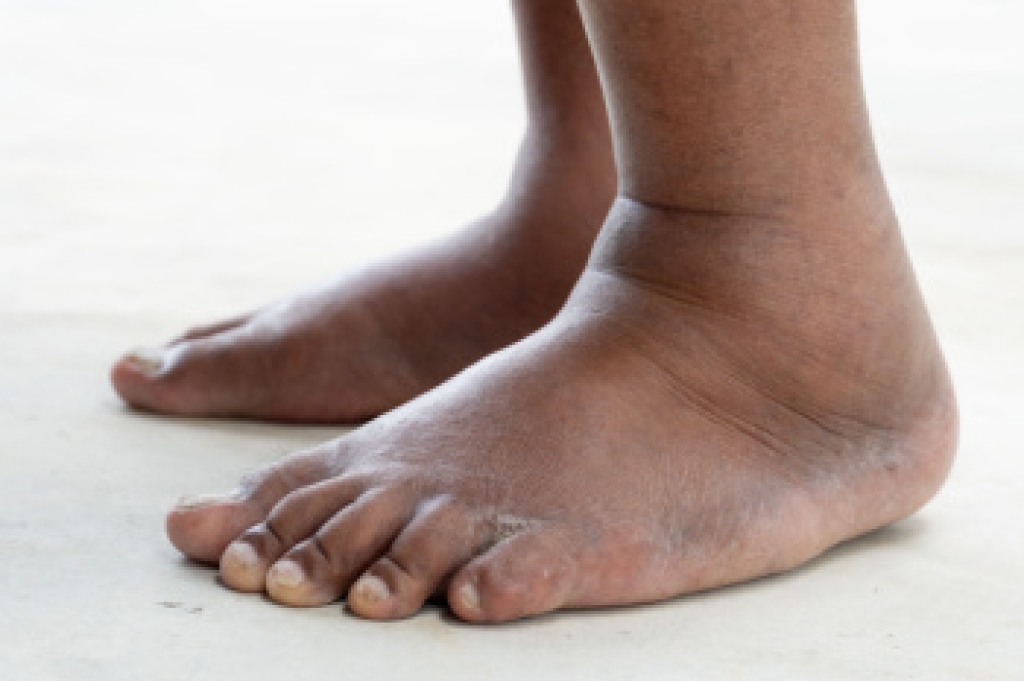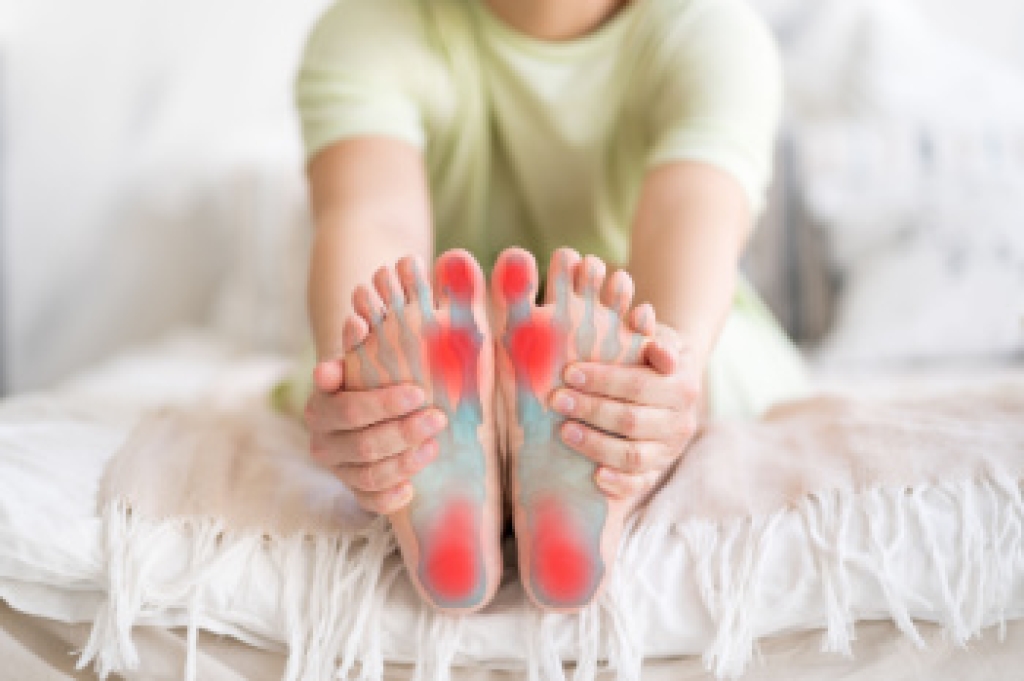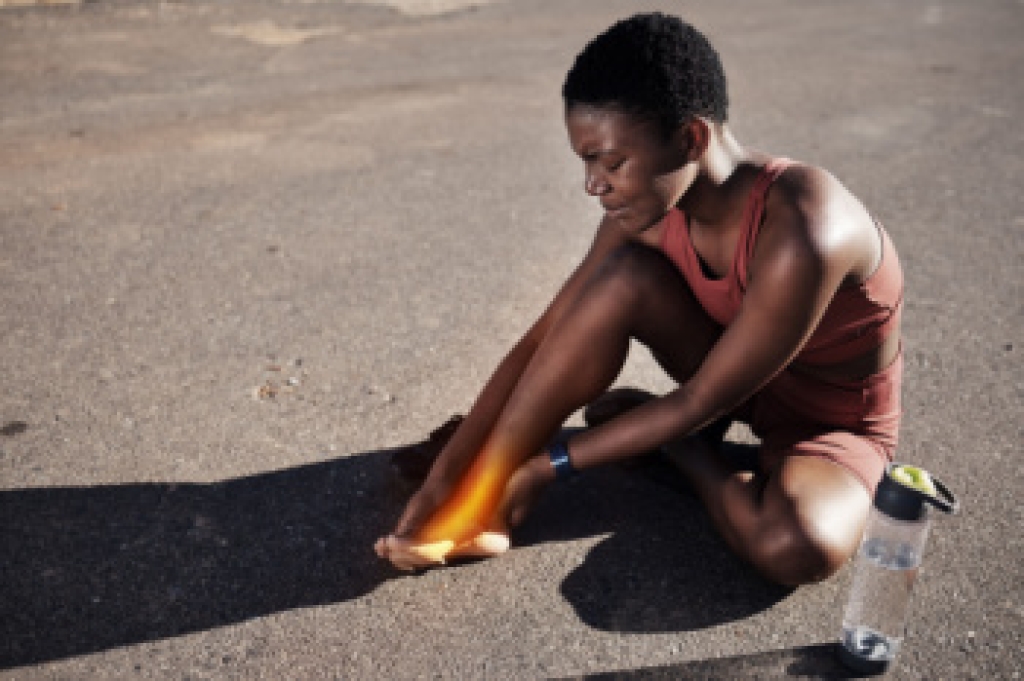
Lipedema and edema are conditions that can affect the feet, causing discomfort and swelling. Lipedema is a chronic disorder that causes abnormal fat accumulation, typically in the legs, hips, and sometimes the feet. It is often mistaken for obesity, but it is a distinct condition that does not respond well to diet or exercise. Edema, on the other hand, refers to fluid retention, which can cause swelling in the feet and ankles. Both conditions share symptoms like swelling, pain, and a feeling of heaviness, and they can be aggravated by standing for long periods of time, or wearing ill-fitting shoes. While the exact causes are not fully understood, genetic factors, hormonal changes, and poor circulation are believed to contribute. Treatment options include compression therapy, elevation, lymphatic drainage massage, and specialized footwear. A podiatrist can offer tailored treatment plans to manage symptoms, improve circulation, and relieve discomfort. If you are experiencing swelling or pain in your feet or ankles, it is suggested that you schedule an appointment with a podiatrist.
Swollen feet can be a sign of an underlying condition. If you have any concerns, contact Wendy L. Grossman, DPM of New Jersey. Our doctor can provide the care you need to keep you pain-free and on your feet.
Swollen feet are a common ailment among pregnant women and people who stand or sit for extended periods. Aging may increase the possibility of swollen feet and patients who are obese often notice when their feet are swelling too. There may be medical reasons why swollen feet occur:
- Phlebitis - A condition that causes the veins to become inflamed and can also cause leg pain.
- Liver disease - This may lead to low blood levels of albumin which is a protein. This can cause fluid in the blood to pass into the tissues and several areas of the body can become swollen.
- Heart failure - When the heart doesn’t pump properly the blood that is normally pumped back to the heart can pool in the veins of the legs causing swollen feet.
- Kidney disease - One of the main functions of the kidneys is releasing excess fluid in the body. This type of condition can make it difficult for the kidneys to function properly, and as a result the feet may become swollen.
- Deep-vein thrombosis (DVT)- This is a serious condition where blood clots form in the veins of the legs. They can block the return of blood from the legs to the heart which may cause the feet to swell. It is important to be treated by a podiatrist if this condition is present.
Swollen feet can also be caused by bone and tendon conditions, including fractures, arthritis, and tendinitis. Additionally, there may be skin and toenail conditions and an infection may cause the feet to swell. Patients who take medicine to treat high blood pressure may be prone to getting swollen feet.
Many patients elevate their feet to help relieve the swelling and this is generally a temporary remedy. When a podiatrist is consulted the reason behind the swelling can be uncovered and subsequently treated.
If you have any questions please contact our office located in Bloomfield, NJ . We offer the newest diagnostic and treatment technologies for all your foot and ankle needs.




